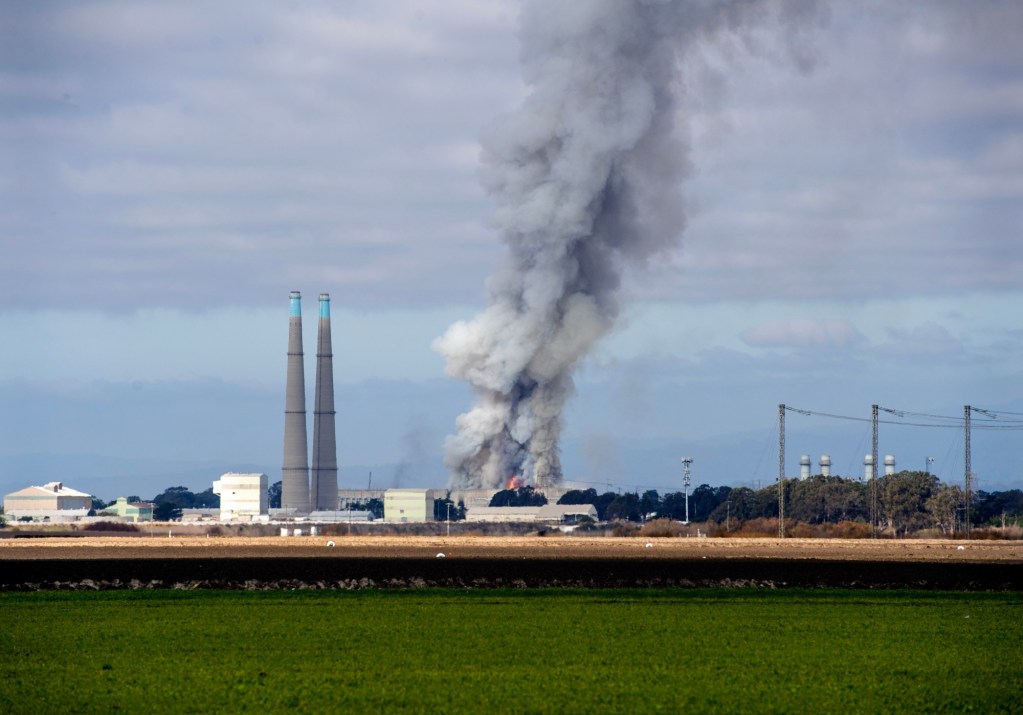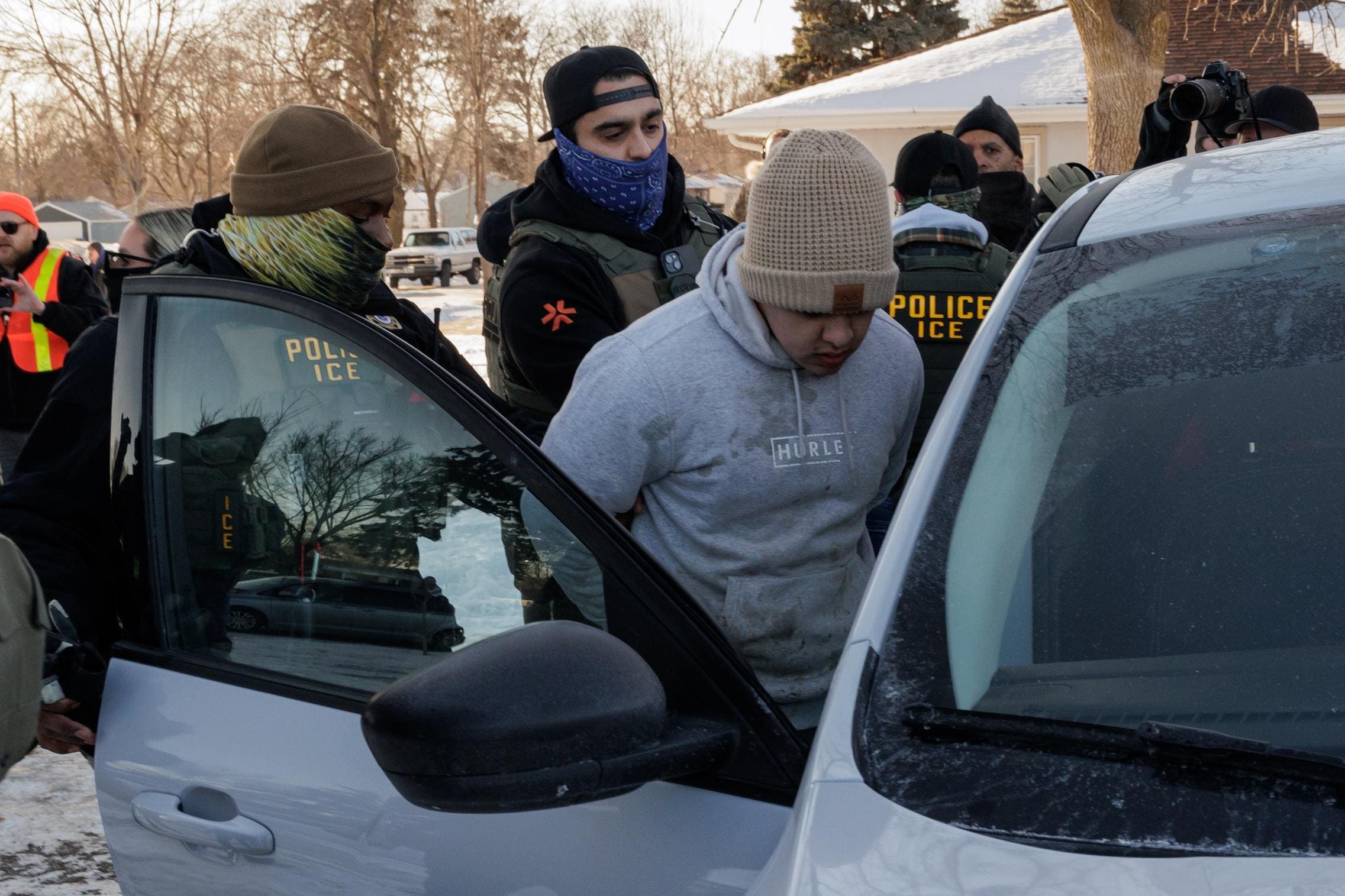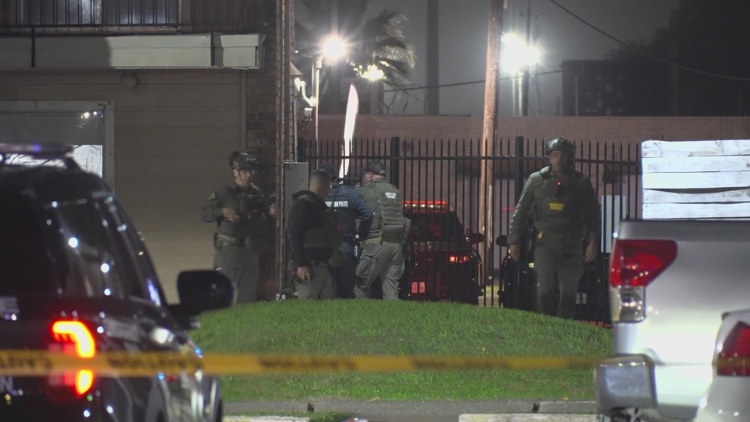UPDATE: Monterey County officials just announced a proposal to impose a moratorium on new battery storage facilities in response to a devastating fire at the Moss Landing Plant in January 2023. This urgent decision comes as concerns over public safety and environmental risks associated with battery technology escalate.
The proposed moratorium will be considered by the county supervisors on Tuesday, October 3, 2023. Supervisor Glenn Church, who represents the Moss Landing area, emphasized the need for enhanced safety regulations as California continues to expand its ambitious renewable energy initiatives. “California is going to need more battery facilities, but we need to make them safe,” Church stated. This proposed moratorium reflects growing fears over the volatile nature of lithium-ion batteries, which are increasingly being constructed near residential areas, schools, and businesses.
The catastrophic fire that ignited on January 16 at the Moss Landing facility, owned by Texas-based energy company Vistra, became the largest battery storage fire in U.S. history. It burned for two days, incinerating over 50,000 lithium-ion batteries and sending a toxic cloud over Monterey Bay. Authorities evacuated 1,200 residents, many of whom reported headaches and respiratory issues in the aftermath.
The urgency for new regulations is underscored by the rapid proliferation of battery storage plants in California, which have surged from 17 in 2019 to 187 today. With countless more planned across the state, officials face mounting pressure to ensure safety protocols are in place. If the moratorium is approved, Church noted that it could take 1 to 2 years to develop comprehensive regulations governing site selection, fire safety, emergency management, and cleanup procedures after incidents.
Other counties, such as Solano County and Orange County, have enacted similar measures following safety concerns. Solano County’s moratorium was lifted under new regulations that restrict battery facilities to industrial zones. Meanwhile, Orange County’s emergency ban remains in effect as local officials work on new safety guidelines.
Opposition to local moratoriums is growing within the renewable energy sector. Molly Croll, senior policy director for the American Clean Power Association, argued that blanket bans on clean energy sources are detrimental, especially as California faces rising electricity demand. “Blanket bans on any source of clean power are the wrong approach for California at a time when electricity demand is rising,” she said.
Advocates for community safety, including members of the group Never Again Moss Landing, support the moratorium. Co-founder Brian Roeder expressed concerns over the long-term health impacts of lithium-ion technology, stating, “Once these things catch fire, the emissions are incredibly harmful to living creatures.” He emphasized the potential for chronic health issues resulting from exposure to toxic emissions.
The debate surrounding battery storage safety has been contentious in the California Legislature. A proposed bill, AB 303, aimed to prohibit new battery facilities near sensitive areas but failed to secure a hearing. Instead, Governor Gavin Newsom signed SB 283, which requires energy companies to collaborate with local fire officials on emergency response plans and conduct inspections before operations begin.
As the proposal for a moratorium moves forward, the implications for California’s energy landscape are profound. With the state aiming to generate 100% of its electricity from renewable sources by 2045, balancing the need for energy storage with community safety remains a pressing challenge. The outcome of Tuesday’s meeting could set a precedent for how other counties approach battery facility regulations, making it a pivotal moment in California’s renewable energy journey.
Stay tuned for updates as this story develops, and share your thoughts on the urgent need for safety in renewable energy solutions.







